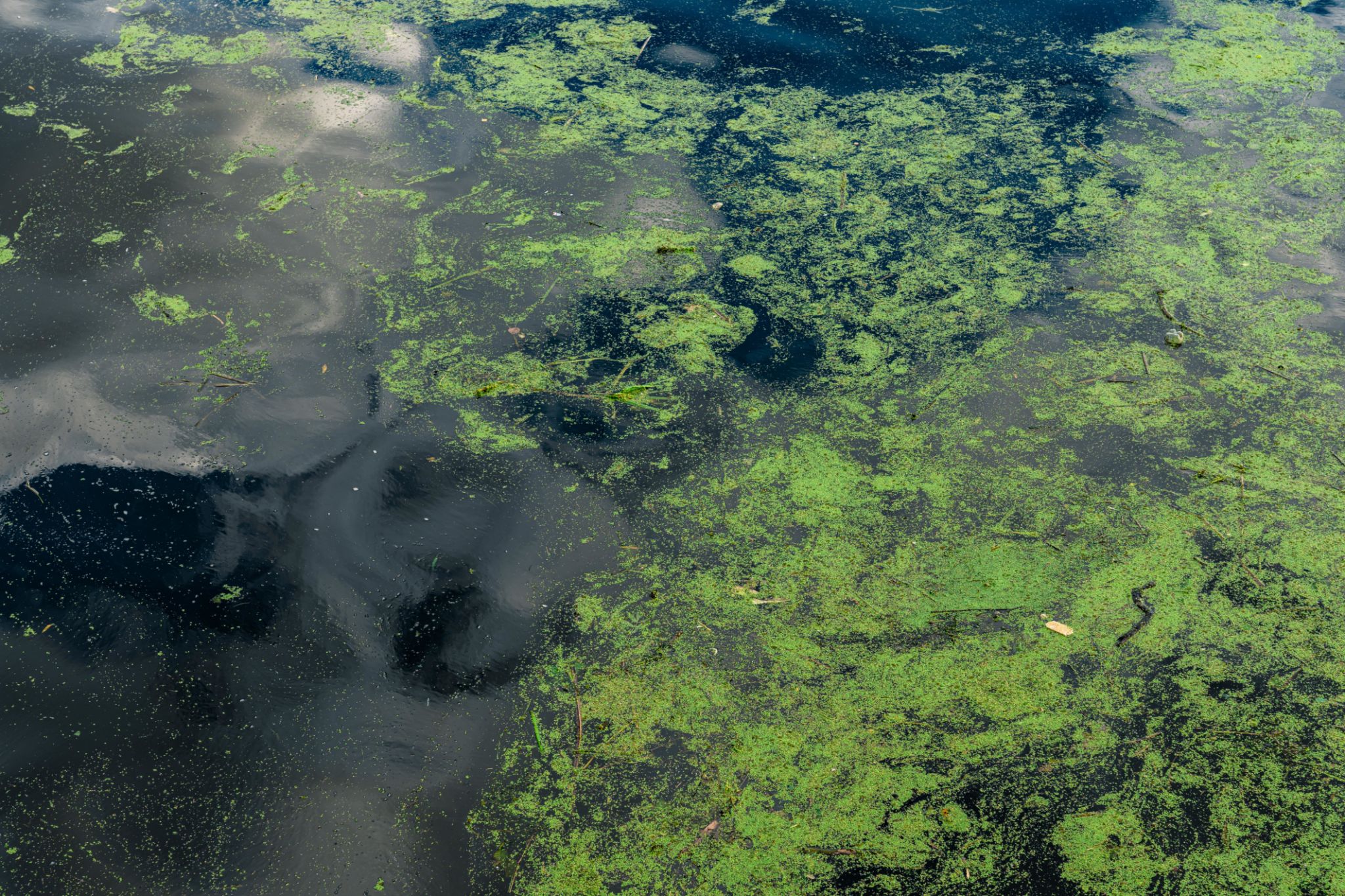Understanding the Environmental Impact of Power Washing
The Basics of Power Washing
Power washing, also known as pressure washing, is a popular method used to clean outdoor surfaces. It involves using high-pressure water spray to remove dirt, mold, mildew, and other contaminants. This technique is commonly applied to clean driveways, sidewalks, decks, and even the exteriors of buildings.
While power washing can significantly enhance the appearance of these surfaces, it's crucial to consider its environmental impact. Understanding the potential consequences can help in making more eco-friendly choices.

Water Consumption and Waste
One of the primary environmental concerns associated with power washing is the large amount of water it consumes. Depending on the equipment used, power washing can consume between 2 to 5 gallons of water per minute. This substantial usage can contribute to water wastage, especially in areas experiencing drought or water restrictions.
Moreover, the runoff from power washing often contains contaminants such as oil, grease, chemicals, and debris. These pollutants can end up in storm drains and eventually make their way into local waterways, potentially harming aquatic life and disrupting ecosystems.

The Role of Chemicals in Power Washing
Many power washing jobs involve the use of detergents or cleaning agents to remove stubborn stains or dirt. While these chemicals can be effective, they often contain substances that can be harmful to the environment. For instance, phosphates can lead to algae blooms in water bodies, which deplete oxygen levels and harm aquatic organisms.
To mitigate this impact, it's advisable to opt for biodegradable and environmentally friendly cleaning solutions. These alternatives are less likely to cause harm and can still achieve effective cleaning results.
Eco-Friendly Power Washing Practices
There are several strategies that can be employed to reduce the environmental impact of power washing:
- Use Water Efficiently: Opt for equipment that has adjustable pressure settings to minimize water usage.
- Choose Green Detergents: Select cleaning agents that are biodegradable and phosphate-free.
- Collect Runoff: Utilize barriers or containment systems to capture runoff and prevent it from entering storm drains.

Local Regulations and Guidelines
It's also important to be aware of any local regulations or guidelines related to power washing in your area. Some municipalities have specific rules regarding water usage and runoff disposal. Being informed and compliant can help reduce the environmental footprint of your activities.
Additionally, hiring a professional power washing service that follows eco-friendly practices can ensure that the job is done responsibly. These professionals often have access to equipment and products that are less harmful to the environment.
The Importance of Regular Maintenance
Regular maintenance of outdoor surfaces can reduce the need for frequent power washing. Simple tasks like sweeping driveways or using a garden hose for light cleaning can keep areas tidy without resorting to high-pressure methods.
This proactive approach not only conserves water but also limits the potential for pollution. By adopting these practices, homeowners and businesses alike can enjoy clean spaces while being mindful of their environmental impact.

